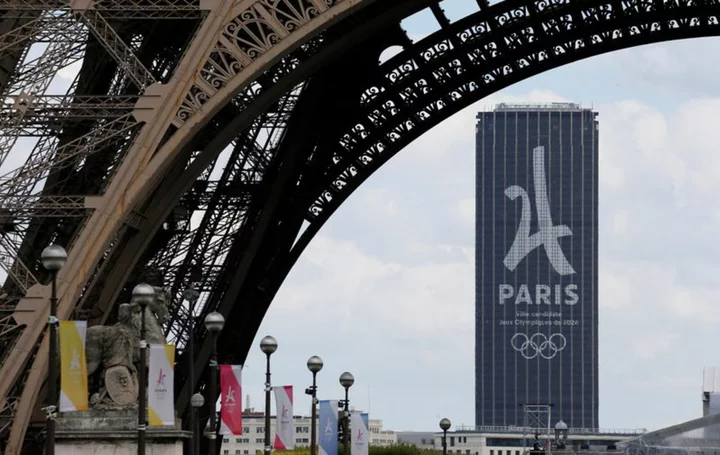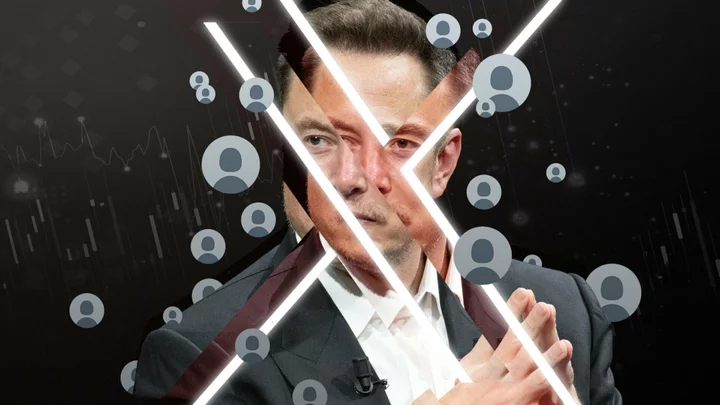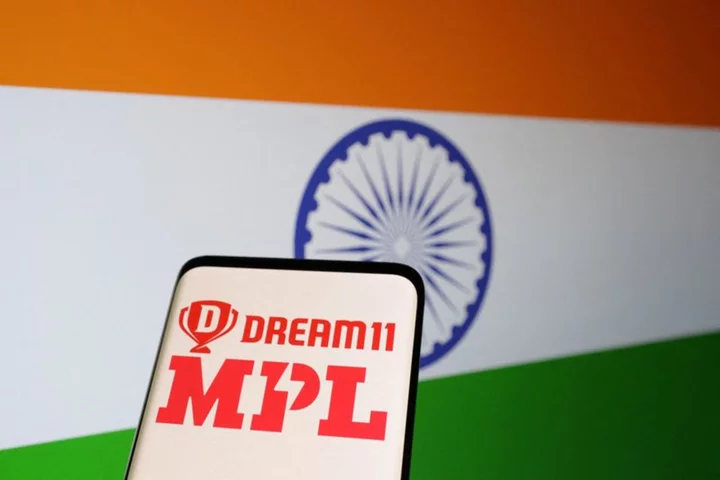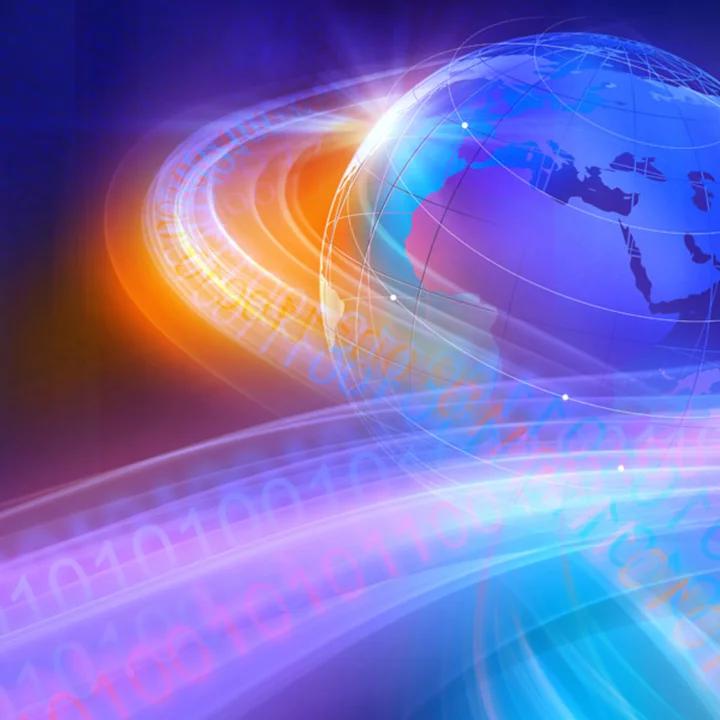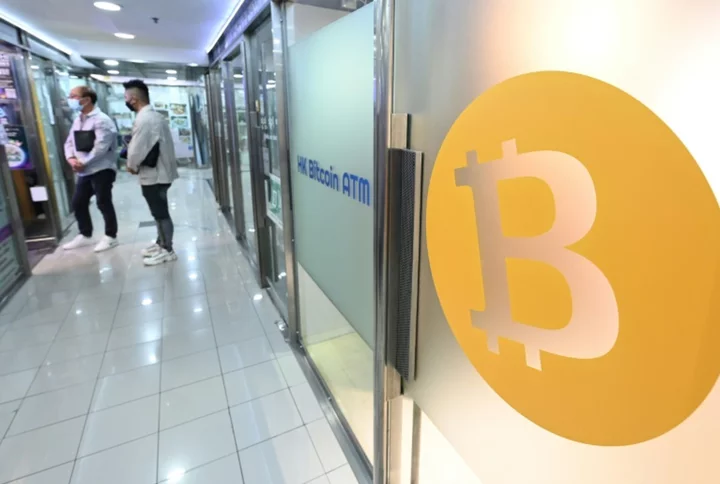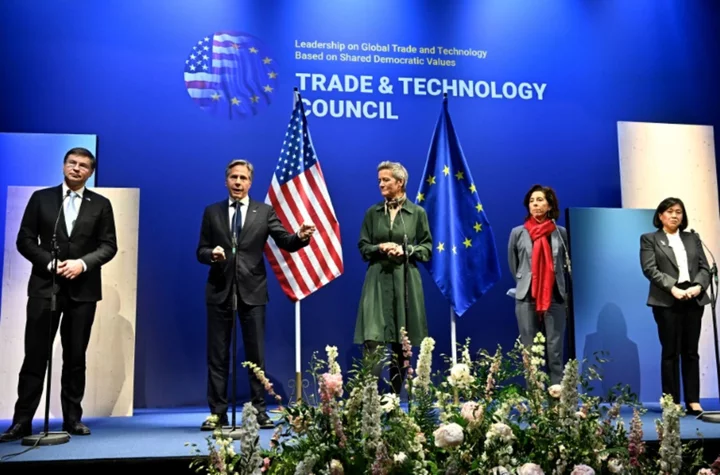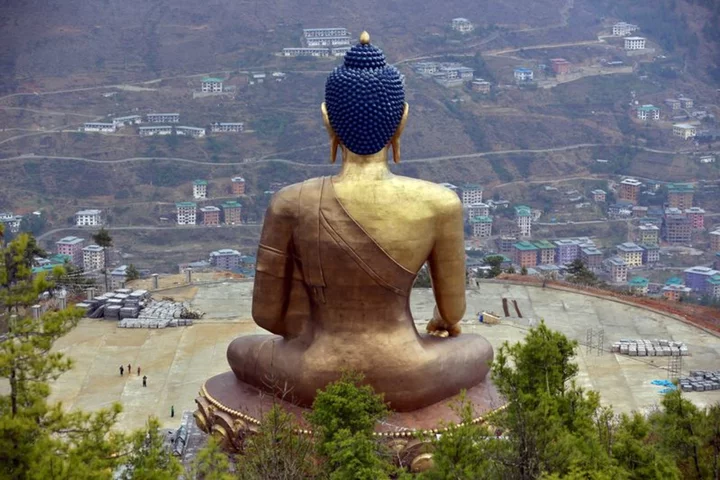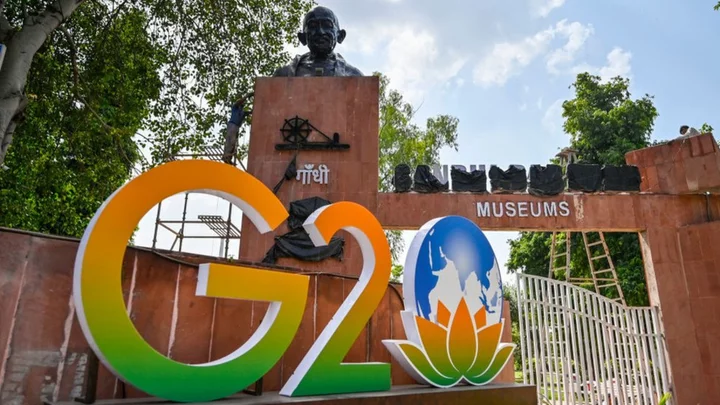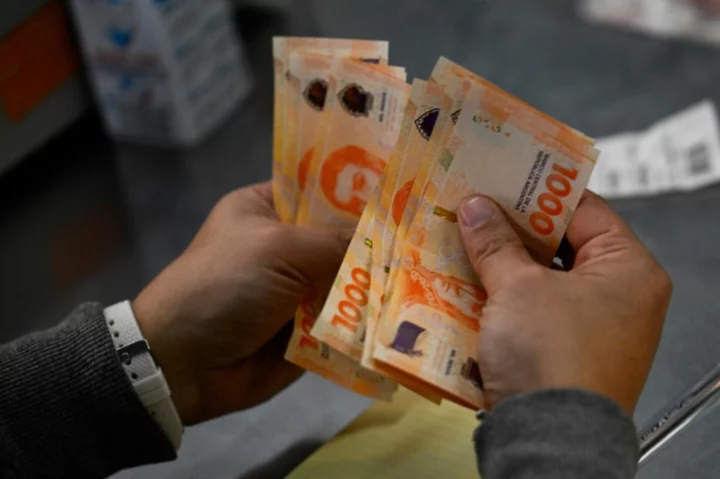By Mimosa Spencer
PARIS The final shape of LVMH's likely Olympics sponsorship rests on Antoine Arnault, one of LVMH Chairman and CEO Bernard Arnault's five children and heirs, in a high-profile deal that could test the 46-year old's marketing prowess.
All of Bernard Arnault’s five children hold important positions in LVMH, with each closely watched for any sign of pulling ahead of others to one day succeed the 74-year old CEO, who has not indicated he plans to step down any time soon.
While Antoine Arnault has the most public profile, the other four are increasingly stepping into the public eye as they rise up the leadership ranks, including his older sister Delphine Arnault, who became CEO of the group’s second-biggest fashion label Dior in February.
Discussions on the Olympics deal, being negotiated by Antoine, revolve around promotions focused on LVMH as a group, its two biggest fashion labels - the Louis Vuitton and Dior brands - as well as champagne. It could cost France's wealthiest businessman Bernard Arnault some 150 million euros ($161.31 million), a source familiar with the group's negotiations has said.
With the event barely a year out, the late-stage negotiations between the Paris 2024 Organising Committee and the world's biggest luxury group, which is also Europe's most valuable company with a market capitalisation of more than 400 billion euros, have generated much interest in France.
However, the behind-the-scenes role of the oldest of Arnault’s four sons, Antoine, hasn't been widely known.
So far, it isn't a done deal, Paris 2024 CEO Tony Estanguet said last Wednesday.
"It takes time, but we want to make sure that this partnership makes sense and is balanced," he said.
Antoine, who is also CEO of Italian menswear label Berluti and chairman of knitwear brand Loro Piana, is the principal guardian of the luxury group's image.
He has taken to the stage to bolster LVMH’s environmental credentials and hosted annual workshop tours for the public, for example.
In the sponsorship deal, his priority will be conveying LVMH’s role as a purveyor of craftsmanship and French heritage, while avoiding overly conspicuous brand logo displays that could cheapen its image.
The group’s involvement in the Olympics will likely include high-profile social media and poster campaigns for its leading labels – similar to one of Arnault’s recent successes last November for Louis Vuitton, featuring soccer stars Cristiano Ronaldo and Lionel Messi engaged in a game of chess at the outset of the FIFA World Cup in Qatar.
Although Antoine Arnault's work shepherding LVMH's sponsorship of the Olympic Games is taking place behind closed doors, the outcome would be highly public.
“It will likely be the most-watched event in the history of television, in the history of the games – a spectacular event,” he said, on the sidelines of LVMH’s annual shareholding meeting in April, referring to the opening ceremony.
Steve Martin, global CEO of M&C Saatchi Sport & Entertainment, said that while LVMH is already associated with France, a formal sponsorship of the Olympics would help to further differentiate LVMH from luxury rivals.
“I think it’s a very compelling way to do it-- in their own backyard,” said Martin.
More tricky, will be steering clear of controversy. The run-up to the Olympic Games has traditionally been rocky, with past games being troubled by questions over blatant commercialism, as in Atlanta in 1996, or snarled traffic, in the case of London in 2012.
In France, where street protests are not uncommon, there is concern the event could be marred by demonstrations.
LVMH itself was caught up in pension reform protests this spring, with images of Bernard Arnault appearing on placards and protesters swarming the group’s Avenue Montaigne headquarters, calling on the wealthy to contribute to financing the state pension system.
“If we get involved it would be to help out,” LVMH fashion group CEO Sidney Toledano told Reuters.
“I don’t know if we will be thanked – but that’s ok, we’re not getting involved for self gratification,” Toledano added.
($1 = 0.9299 euros)
(Reporting by Mimosa Spencer; Editing by Sharon Singleton)

